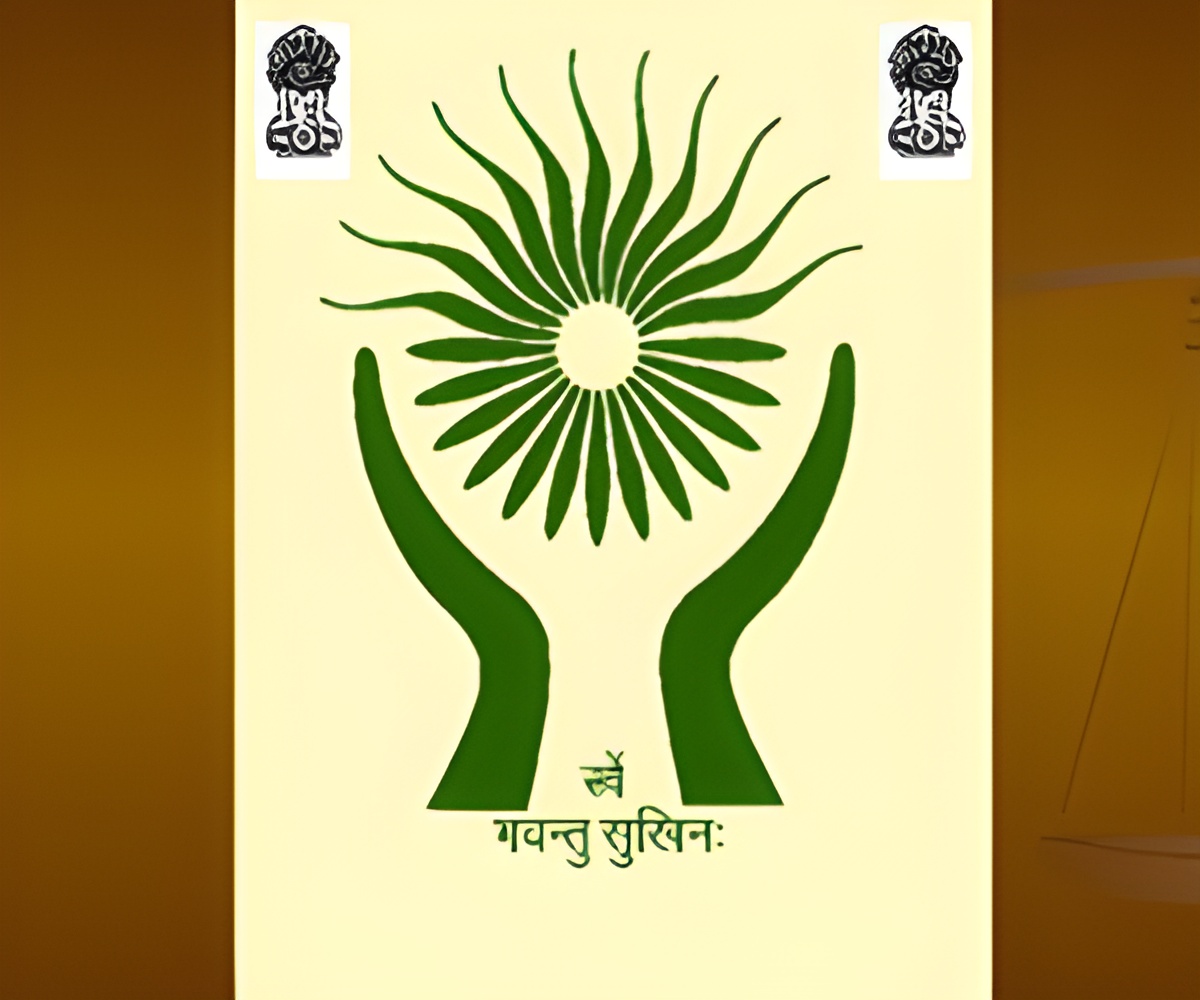In a major blow for human rights in Australia, a government panel has said the country should adopt a charter of human rights and give the High Court power to declare laws incompatible.

Their report also said there should be a "statement of compatibility" attached to all new legislation, heightened scrutiny via a new parliamentary committee and a federal human rights minister. However, it says economic and social rights, such as rights to education, housing and good health, should be excluded.
"These are the very rights that feature most often in political debate, especially at election time," the report says.
Civil and political rights, including the right to life, a fair trial, and freedom from torture or coercion in relation to religion, could be the subject of litigation.
The High Court would be allowed to issue "declarations of incompatibility", but the final say on legislation would rest with parliament.
Father Brennan, who proclaimed himself a charter of rights sceptic when some criticised his appointment, said the government "could adopt many of the recommendations in our report without deciding to grant judges any additional power".
Advertisement
Ms Branson said the report was an "overwhelming vote of confidence by the Australian people and the Rudd government should listen".
Advertisement
"We would have preferred for all human rights to be treated in the same way," she said.
But opposition spokeman on legal affairs George Brandis promptly pounced on the idea of a charter that would involve the courts. "This recommendation is the ultimate triumph of the elites. The government should reject it. If it proposes to adopt it, it should put it to the people," he said.
"Any statutory charter of rights would bring about the most important de facto alteration to Australia's system of government in our history, by transferring the ultimate decision-making power on a wide range of politically controversial issues from elected parliaments to unelected judges."
Attorney-General Robert McClelland declined to offer any support for a charter, saying the government would respond by year's end.
He noted there were "many views" on the merits of a Human Rights Act but said the report showed there were "many other important ways to protect and promote human rights, including, for example, through enhanced education and improved parliamentary scrutiny."
Source-Medindia
GPL








